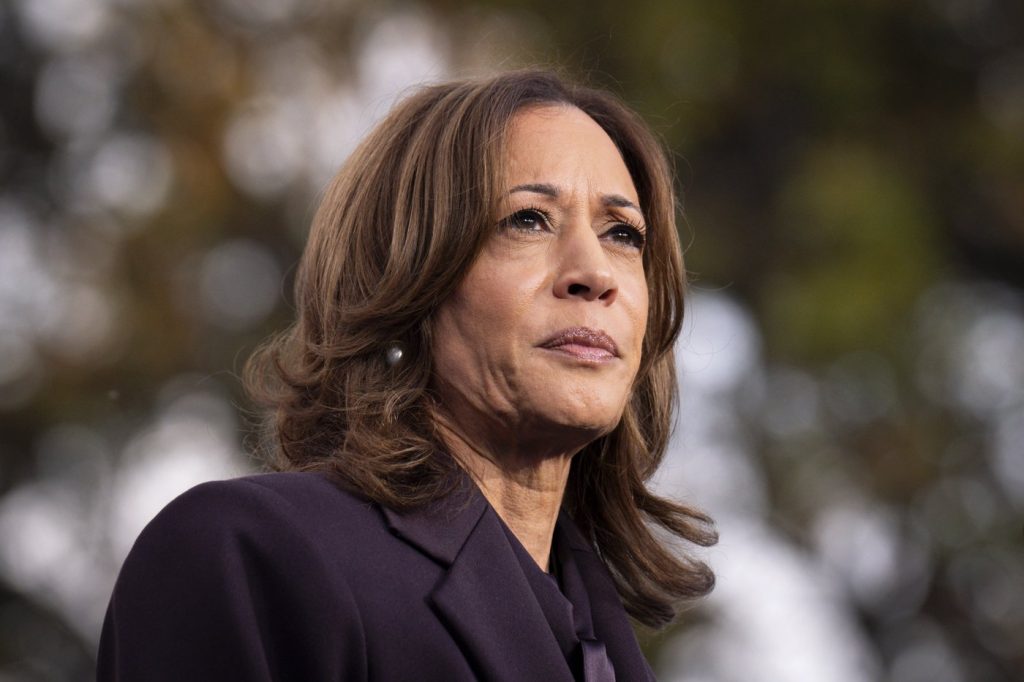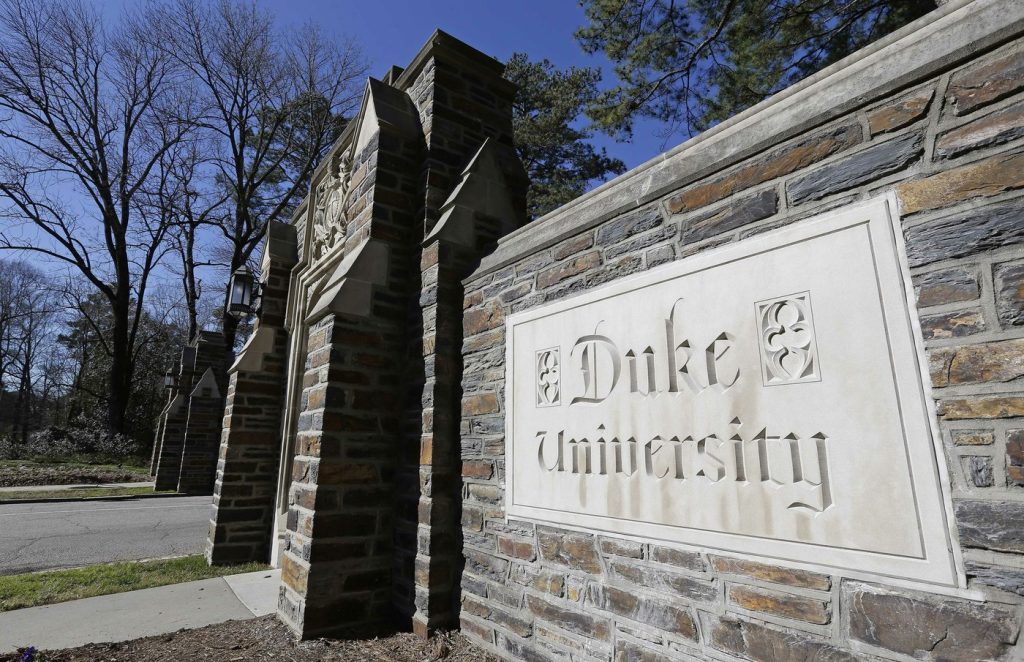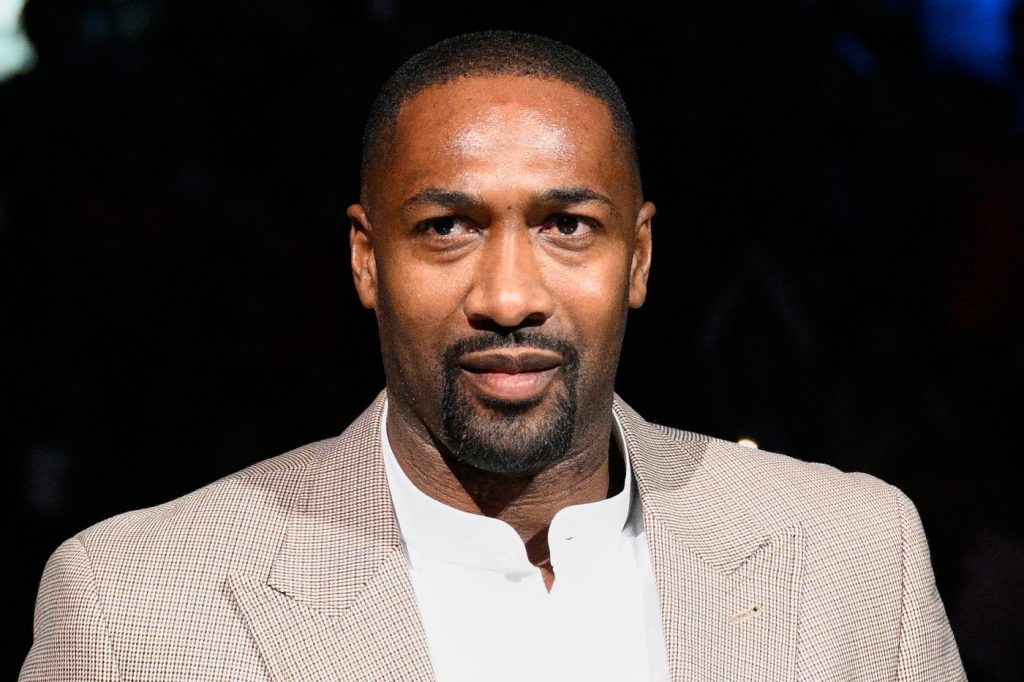LOS ANGELES (AP) – Former Vice President Kamala Harris announced that she will not run for the governorship of California in the upcoming election, which leaves open the possibility for her to consider a third presidential run in 2028. Harris shared her decision in a statement that reflected on the current moment in U.S. history and her commitment to the American people.
In her statement, Harris expressed her love for California, stating, “I have given serious thought to asking the people of California for the privilege to serve as their governor. I love this state, its people, and its promise. It is my home. But after deep reflection, I’ve decided that I will not run for Governor in this election.” This decision follows months of speculation regarding her political future after her recent defeat by Donald Trump in the presidential election.
Harris, who served as Vice President and previously as a U.S. senator, was seen as a potential front-runner in the crowded race to succeed term-limited Governor Gavin Newsom due to her extensive name recognition and political experience. However, the prospect of returning to state politics after years on the national stage raised questions about her level of interest in such a role.
According to Democratic strategist Sean Clegg, who is a longtime adviser of Harris, she considered a gubernatorial run but ultimately decided to explore other avenues, including the possibility of establishing a nonprofit focused on engaging younger voters. Clegg remarked, “Having spent her entire life inside the system, she’s more motivated, more excited by the opportunity to make change outside of the system.”
In her statement, Harris did not directly address Trump but emphasized the failures of “our politics, our government, and our institutions” and expressed her commitment to public service, stating, “For now, my leadership—and public service—will not be in elected office.” She signaled her intention to continue her advocacy, particularly in supporting Democratic candidates nationwide.
Historically, Harris has experienced a series of firsts in her political career. She was the first woman, the first Black person, and the first person of South Asian descent to serve as Vice President. Despite these achievements, her political career has been marked by significant challenges, including dropping out of the 2020 presidential race before the Iowa caucuses and losing the 2024 presidential election to Trump.
Should Harris decide to run for president again in 2028, she will face the challenge of convincing national Democrats of her suitability as the face of the party’s future, particularly after her defeat in the most recent election. Additionally, she would need to navigate the complexities of being associated with President Biden, whose administration has faced increasing scrutiny and low approval ratings as it concluded its term.
The landscape for the 2028 presidential election is expected to be highly competitive, with a potential large pool of candidates, including other prominent figures such as Gavin Newsom. Harris’ decision not to contest the governorship means the race to replace Newsom remains wide open, with several notable Democrats already in contention, including former U.S. Representative Katie Porter and former Los Angeles Mayor Antonio Villaraigosa.
Villaraigosa speculated on Harris’ future, suggesting that her decision not to pursue the governorship reflects a commitment to serving in high-level roles within the government moving forward. As the political environment continues to evolve, her next moves and potential foray into future elections remain closely watched.
Michael R. Blood, The Associated Press












